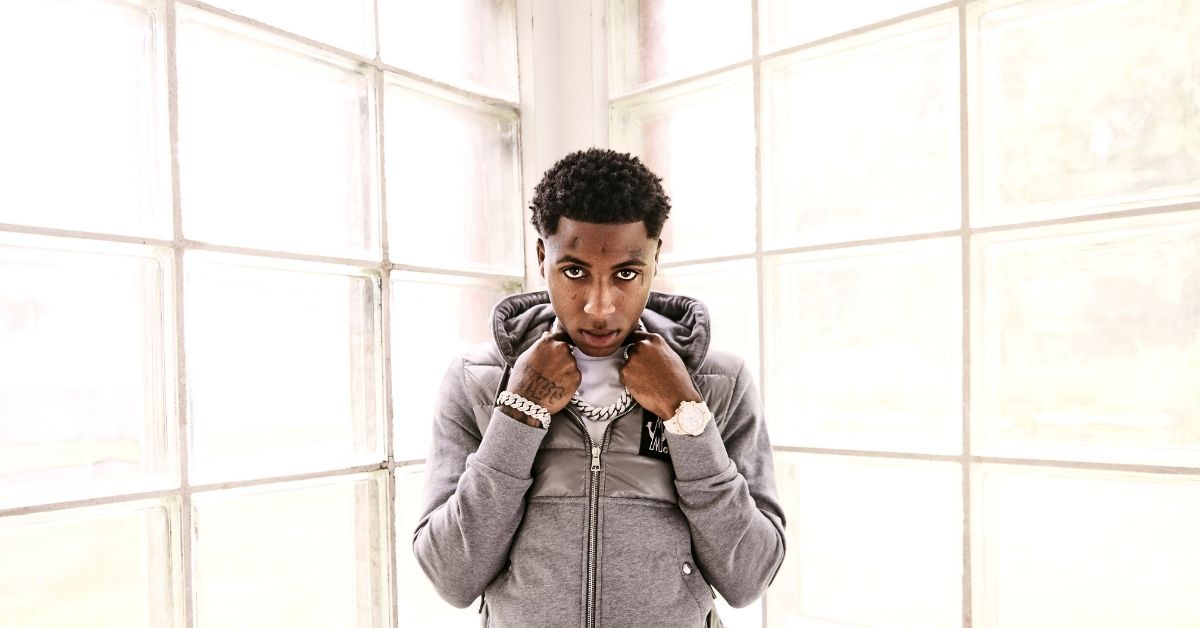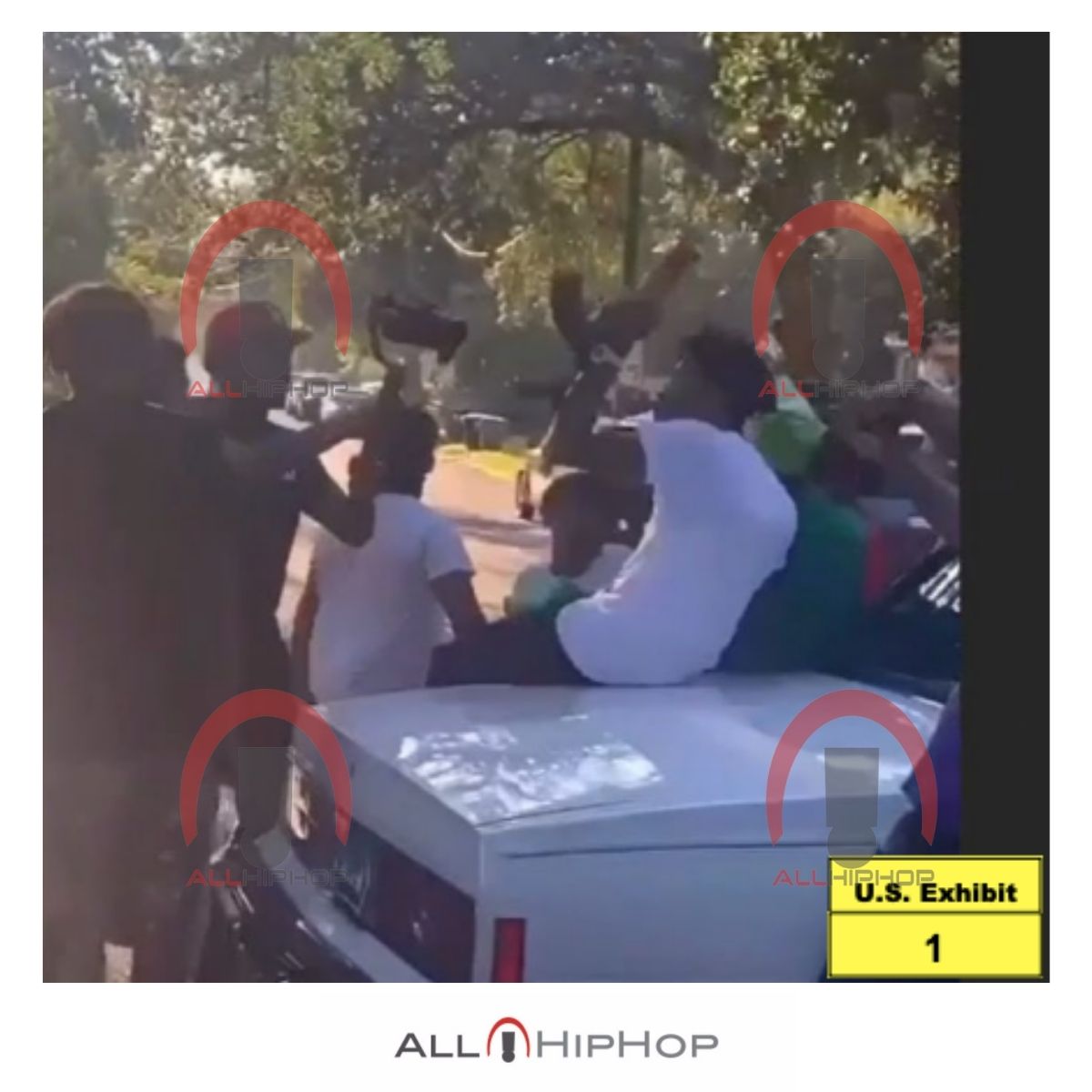The Feds are finally pushing back against NBA Youngboy’s attempt to have a crucial piece of evidence suppressed in his ongoing case for possessing a gun during a video shoot.
The Feds are hell-bent on securing an SD card containing the footage of the video NBA Youngboy and his crew were shooting that day.
Youngboy claimed his Constitutional rights were infringed upon after the Baton Rouge Police Department and the FBI launched an operation called “Never Free Again.”
On September 28th, 2020, the police raided a house on Chippewa Street. Members of the Never Broke Again and Bottom Boy Gorilla gangs had gathered at the residence to shoot a video.
Someone in the neighborhood called 911. The caller reported that young men were roaming the streets with guns. The cops arrived and found 14 firearms as well as a large amount of cash.
NBA Youngboy and 15 other people were arrested.
In an earlier filing, NBA Youngboy’s lawyer Drew Findling said there was no basis of reliability from the anonymous source who called 911.
According to Findling, the 911 call revealed nothing more than legal activity that was not threatening anyone in the neighborhood.
According to NBA Youngboy’s legal team, police never read him his Miranda Rights. They also say cops did not have a proper warrant to seize an SD card from the rap star’s cameraman.
The SD card in question contains footage of NBA Youngboy during the video shoot. Pictures from the shoot show the rapper handling some firearms, including a semi-assault rifle.
The rapper’s lawyers want the evidence suppressed.
William Morris, the Acting United States Attorney in Baton Rouge, tells a different story.
Morris revealed the cops first went out to Chippewa Street on Sunday, September 27th, after a senior officer with the Baton Rouge Police Department received a tip from an informant.
When officers arrived, they encountered numerous individuals allegedly affiliated with the NBA and BBA gangs. Multiple people fled the scene when they saw the cops.
Officers eventually left the scene without arresting anyone on Sunday.
However, on September 28th, 2020, a second 911 call came in to report a bunch of rappers hanging in the street “with Uzis and AK guns just walking up and down the street.”
The cops claim that because they were there the day before without enough manpower, the Street Crimes Unit was called to assist with the second, unfolding incident.
This time, the Baton Rouge Police Department responded with more manpower. They allegedly encountered a chaotic situation.
The rapper was placed in handcuffs during what prosecutors called an “investigatory detention.”
The fact that NBA Youngboy refused to comply with police officers’ requests justified his initial detention. According to Morris, the rapper’s detention was legal under the Fourth Amendment of the United States Constitution.
“Officers detained the defendant based on his evasive conduct, which was different from the conduct of the other detainees,” Morris explained.
The Baton Rouge Police Department maintains they held the rapper long enough to secure an active crime scene, obtain search warrants, and process those detained.
Prosecutors claim the cameraman, Marvin Ramsey, was filming the video on behalf of Atlantic Records.
In order to rely on the Fourth Amendment, a defendant has to “establish an actual, subjective expectation of privacy with respect to the place being searched or items being seized and whether that expectation of privacy is one which society would recognize as reasonable.”
According to prosecutors, the SD card and camera contained images owned by the rap star’s record label, Atlantic Records.
NBA Youngboy must work through Atlantic to use the footage to promote himself. Furthermore, executives at the major label testified that the rapper does not have full control of his image.
The Feds argue that Supreme Court precedent holds that property “used for commercial purposes is treated differently for Fourth Amendment purposes.”
A judge has yet to rule.

